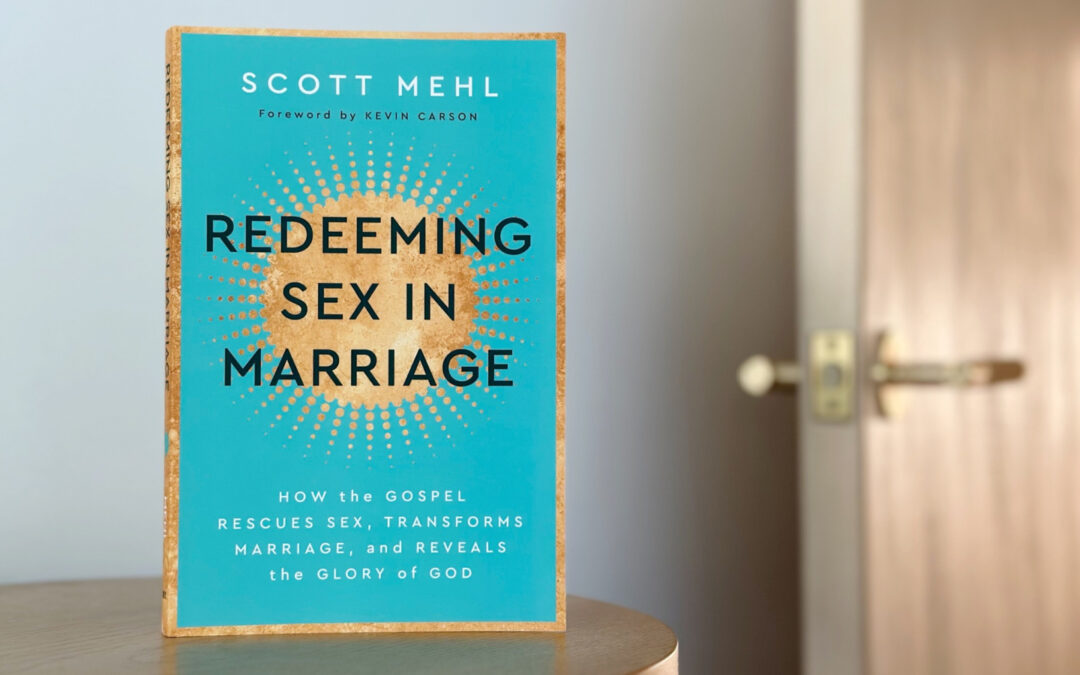by Scott Mehl
Over the past few months I’ve made the case for why counseling ought to take place in our homes, church offices, and public spaces. I hope that, by now, you’ve come to appreciate that counseling doesn’t just take one form, but can vary significantly in format, location, and formality. But, I think the formats in which counseling ought to take place may even extend further beyond our expectations than we realize.
We live in a digitized world with digitized communication. While this leads many of us to lament the days of old when people talked “face-to-face,” nostalgia is a funny thing. It can re-write history in ways that cause us to mis-remember the past. While the rise of digitized communication is a relatively new development, the rise of written communication isn’t. There may be a difference between scrawling out a letter in cursive and typing one out by pushing a succession of buttons, but the result is, in many ways, the same.
The case could quite easily be made that the majority of the New Testament consists of biblical counseling in written form. As long as written language has existed among Christians, biblical counseling has been done via the written word.
Written communication has a few specific benefits that lends itself to being utilized for the purposes of biblical counseling. First, written communication bridges physical space. Paul wrote to the Corinthians because, while he was not physically with them, there were truths that he wanted to remind them of. Now, more than ever, written communication allows us to speak truth in love to those we are not in physical proximity with. And, now more than ever, we have a plethora of forms of written communication to choose from. We can write a handwritten letter and send it via snail-mail, we can write an email and have it arrive instantly, or we can send a text or Facebook message for shorter, more interactive conversations. We can interact with and counsel people from almost anywhere in the world to almost anywhere else in the world. In many ways this is the golden age of communication, so it ought to be the golden age of written biblical counseling as well.
Secondly, written communication allows the recipient to review, re-read, and meditate upon what has been communicated. I’ll admit that I, personally, prefer spoken communication over written communication because it’s easier and quicker for me than written communication. However, I have come to deeply appreciate the importance of using written communication because it allows those I’m communicating with the opportunity to not only hear what I am saying, but to essentially “re-hear” it any time it’s needed, simply by rereading the words that are always right in front of them. The things I speak out loud in counseling are often quickly forgotten, but if I will put those words down on paper for a counselee (whether I am with them in person or not), the chances of them being remembered increases significantly.
In a related way, a third benefit of written communication is that it provides an opportunity for the writer to carefully craft their words of encouragement, correction, affirmation, or reminder. Often in counseling, and really in any face-to-face interaction, we are limited by whatever comes to our mind in the moment. By utilizing written communication we have an opportunity to take time with our thoughts, to edit them, and to phrase them in the clearest and most helpful way possible. Written communication allows intentionality and thought in a way that spoken communication often doesn’t.
Of course, there are also drawbacks to communicating via the written word. There is relational intimacy and nuance that is lost when you aren’t speaking to someone face-to-face. So, I wouldn’t advocate for us to turn the majority of our counseling into a primarily written ministry. However, in every relationship there is a place for the written word, and we ought to consider how we can use it wisely and well as we seek to love those we counsel with the word of God.
If you just think back to the past week, there are probably examples of this in your own life. Maybe it’s the email you took time to craft in order to encourage or exhort a friend. Maybe it’s the note you hand wrote to bring some encouragement to a friend. Maybe it’s the ongoing text conversation with a struggling friend who doesn’t have the capacity to carve out time for coffee or an appointment, but who you can interact with throughout the day via your phone. The written word is a powerful tool. And it’s one that God has given to our generation in new and unique ways. May we wield the written word for his glory and the good of our brothers and sisters as we strive to love them and point them to him.
“Confident of your obedience, I write to you, knowing that you will do even more than I say.” (Philemon 21)


